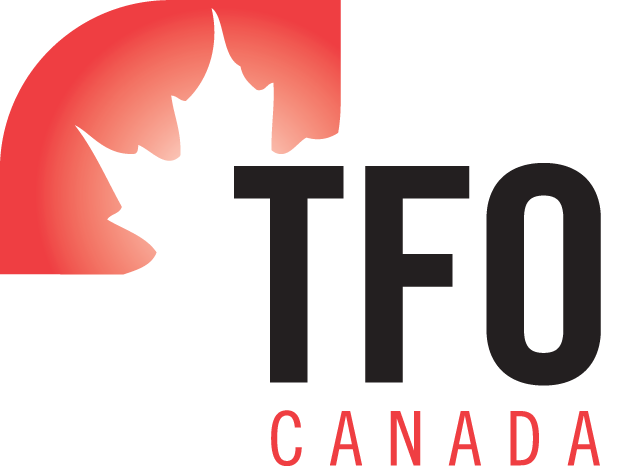Fair trade is increasingly becoming a catch phrase synonymous with cocoa and coffee. Through Trade Facilitation Canada (TFO Canada), Peruvian organization Central Piurana de Cafetaleros (CEPICAFE), was able to share its experience with Canadian importers, while also describing the impact of fair trade in Peru.
CEPICAFE is made up of 200 members and has become the most important non-profit organization representing coffee and sugar cane producers of the Piuran Mountains and the northeast of Peru. Founded in March of 1995, the organization provides key services to thousands of small-scale farmers, allowing them to achieve sustainable development in the region.
Keen to enter the Canadian market, CEPICAFE sought out the assistance of Trade Faculitation Office Canada (TFO Canada) after it was unable to attend a Trade Exporter Mission organized by TFO Canada, last April 2009. The Mission’s agenda included pre-scheduled customized meetings with Canadian importers and distributors in the agro-food sector, and an exhibition at the SIAL Trade Show in Montreal. Its aim was to strengthen access to the Canadian market for small and medium enterprises (SMEs) in Peru and Colombia.
Instead, CEPICAFE visited Canada in May this year, following a set agenda of meetings established by TFO Canada in various cities. Santiago Paz, cooperative manager of CEPICAFE, met in Ottawa with La Siembra Cooperative, one of the prime importers of fair trade products, and closed a contract to supply panela* this year, and supply cocoa next year.
In Montreal, Mr. Paz visited Cooperative Coffees and met the two companies. He successfully sealed a contract with N.J. Douek & Sons and began supplying organic coffee at the beginning of June, this year.
Meanwhile, Mr. Paz was able to raise awareness about CEPICAFE during a presentation to Alternative Grounds and Ontario Natural Food Co-Op, in Toronto, as well as describe the effects of fair trade in Peru.
Mr. Paz was pleased with the knowledge he gained during his visit to Canada, particularly in learning the process CEPICAFE’s products undergo once leaving Peruvian ports. This will help Mr. Paz during training seminars he manages, to relay this information back to his associates.
Overall, Mr. Paz left Canada feeling optimistic about the growing Canadian fair trade and specialty coffees markets. For the future, CEPICAFE anticipates a continued working relationship with the companies it met to finalize three more contracts.
* Panela is a solid piece of sucrose and fructose obtained from the boiling and evaporation of sugarcane juice.

